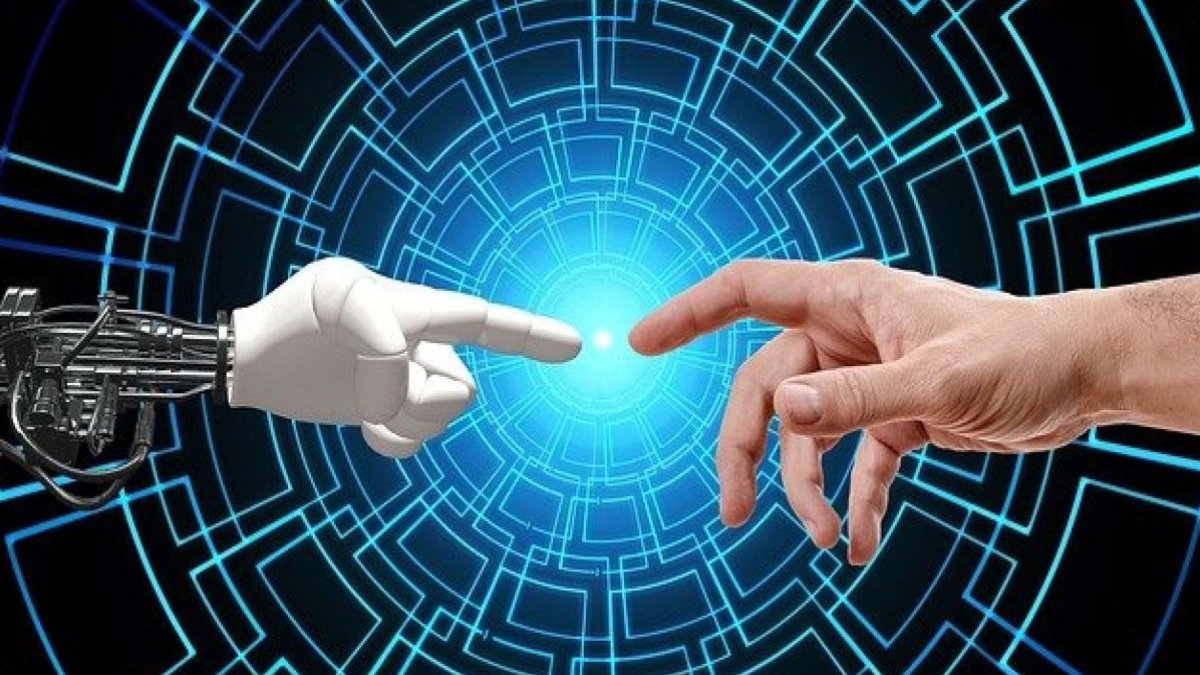Artificial Intelligence (AI) is rapidly emerging as a force that could reshape our world. From automating mundane tasks to accelerating scientific discovery, AI’s potential benefits are immense. However, the path to an AI-powered future is fraught with ethical concerns, societal impacts, and potential misuse.
The Promise of AI: Beyond Efficiency
AI is already transforming industries. In healthcare, AI algorithms are assisting in disease diagnosis and treatment optimization. Self-driving cars promise safer roads and increased mobility. In the realm of creativity, AI is generating artwork, music, and even literature.
The economic implications are also significant. McKinsey estimates that AI could add trillions of dollars to the global economy annually. AI’s ability to analyze vast datasets and identify patterns could lead to breakthroughs in drug development, climate modeling, and resource allocation.
The Risks: Beyond the Hype
However, the unbridled optimism surrounding AI is tempered by valid concerns. One prominent fear is job displacement. As AI systems become more capable, many jobs currently performed by humans could become automated. While this might boost productivity, it could also exacerbate existing inequalities and create social unrest.
The potential for bias in AI algorithms is another major concern. If AI systems are trained on biased data, they can perpetuate and even amplify existing prejudices. This could have far-reaching consequences in areas like hiring, loan approval, and criminal justice.
Furthermore, the development of autonomous weapons raises ethical questions about the role of AI in warfare. The prospect of AI systems making life-or-death decisions without human intervention is a troubling one.
Navigating the AI Landscape
Addressing these risks requires a multi-faceted approach. Researchers, policymakers, and industry leaders need to work together to ensure that AI is developed and deployed responsibly. This involves:
- Ethical AI Development: Incorporating ethical considerations into the design and development of AI systems is crucial. This includes transparency, accountability, and measures to mitigate bias.
- Regulation and Governance: Establishing clear guidelines and regulations for the use of AI is essential to prevent misuse and ensure public safety.
- Education and Workforce Development: Preparing the workforce for the changes brought about by AI is vital. This involves investing in education and training programs to equip people with the skills needed for the jobs of the future.
Looking Ahead: A Collaborative Effort
The development of AI is a journey, not a destination. As AI technology continues to evolve, so too must our understanding of its potential and its pitfalls. By acknowledging and addressing the risks, we can harness the power of AI to create a future that benefits all of humanity.






























